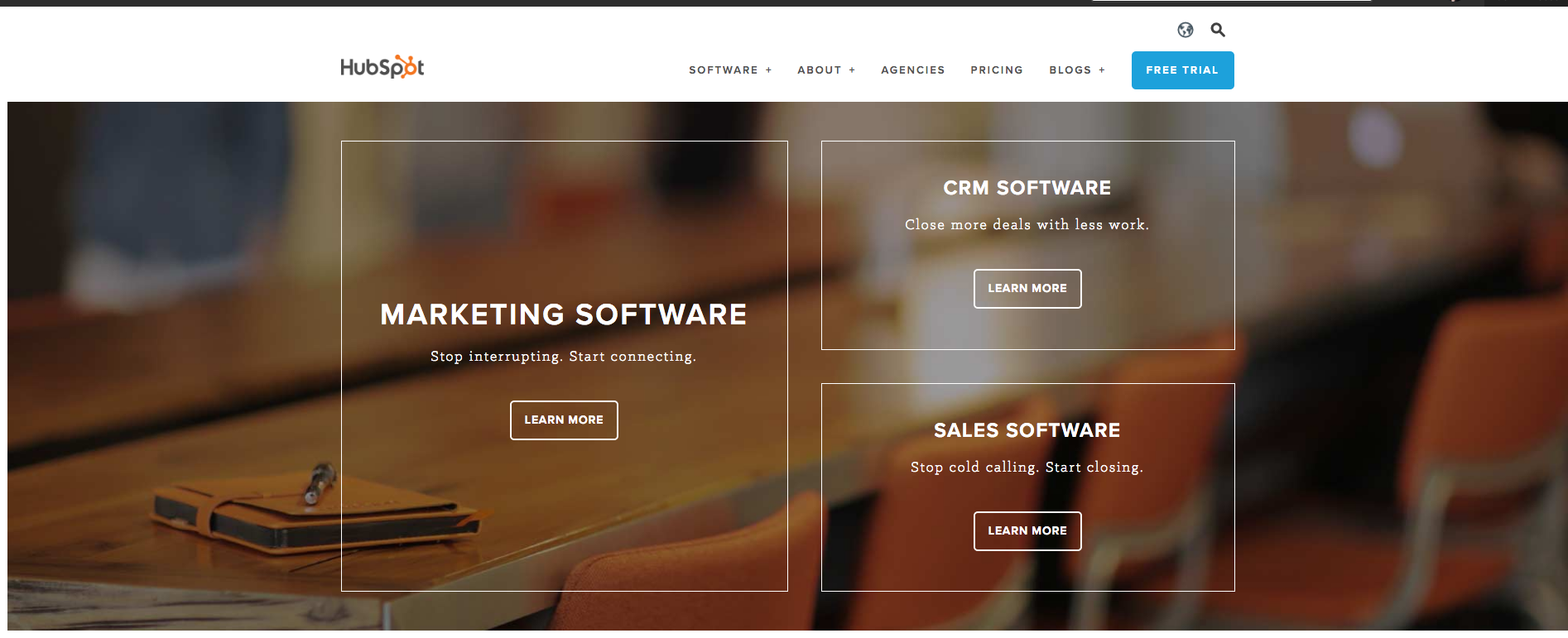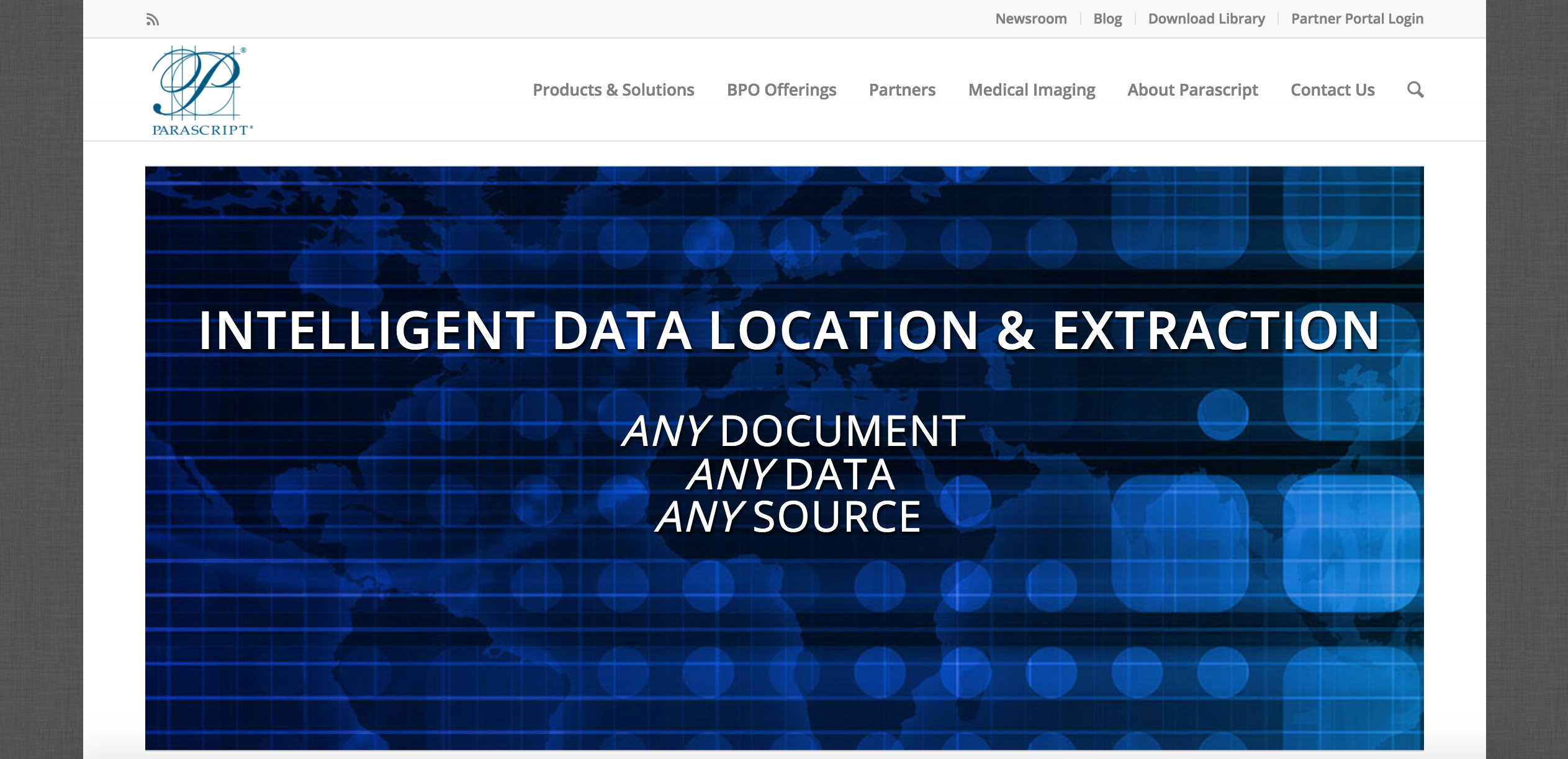Topics:
Marketing StrategySubscribe now and get the latest podcast releases delivered straight to your inbox.
How to Transform Complicated Tech into Simple Marketing Messages

Jun 29, 2016

In a recent episode of HBO's Silicon Valley, the team of the show's fictional start-up, Pied Piper, struggles with the fact that its users don't understand its software.
As ground breaking as the company's technology is, no one cares -- at least not without sitting down for a two-hour focus group, but who has the time for that?
Now, this may not be Hollywood, but this is one very real dilemma for many tech companies today.
Taking complicated technology and packaging it into simple marketing messages that general consumers can actually understand, isn't easy, but it can be done, and this article will explain how.
How Do I Know if My Marketing Message is Too Complicated?
If your company is doing a great job at attracting traffic to its website, but your conversion rate (or like the boys of Pied Piper, your number of daily active users) are low, there's a chance that people aren't fully grasping what you're selling.
Unfortunately, if they aren't, we as humans are more likely to flee to the next best alternative than sit around trying to fully understand what's going on.
Just think of the last time you found yourself on a random website that you weren't 100% sure what it was offering. Did you stick around to get answers or did you hit the back button?
I'm willing to bet it was the latter.
That's one of the beautiful things about the internet -- if you don't solve a problem, customers know someone else will -- but it's also one of the biggest challenges for marketers, which brings me back to our topic at hand.
Why Isn't My Marketing Messaging Working?
As marketers, we often assume that our buyer persona is just like us; that they are as smart and familiar with the basics of our industry as we are -- but come on, that would just be too convenient.
Whether your product is a computer or a can opener, the average consumer will only be interested in how your product or technology can make their life easier -- not all of the details behind it.
They don't want to spend their time translating every word you write; they want to know why your product or service deserves their attention, plain and simple.
So, the less technical your website copy and marketing messages, the better.
Dumb it Down
Successful tech brands don't demand people get smarter, they dumb themselves down.
Think of Apple, for example. Steve Jobs took the computer as we know it from an intimidating box of wires into a compact, friendly machine that people could use in their homes with little to no assistance. Even more importantly, he sold the idea of this to millions who had previously never even fathomed owning a computer.
To strike a chord with the general public, your brand messaging strategy needs to have an personal impact.
It needs to tell a relatable story, evoke a sense of desire, and resonate with a pain point that your audience has. It needs to give people that warm, "THIS PRODUCT GETS ME" feeling, and let's face it, there's nothing warm and fuzzy about technical jargon.
Feelings, Not Features: Emphasizing Benefits
Tech companies tend to get caught up in talking features because features often are the benefits.
Tech-focused consumers are analytical shoppers, so when they land on your website they heading straight for the FAQs and technical specifications. It doesn't matter to them what the emotional benefits are, but they're not the ones you're going after (at least, not if your tech is top notch).
Your marketing message needs to resonate with with the non-techies -- the majority who makes purchasing decisions based on emotion.
These are the people who have no idea how many gigabytes of storage their laptop has or what makes RAM different from stored memory. (And they don't care.)
If your marketing message is too technical and filled with buzzwords, it won't connect with these average consumers and you are likely to lose out on millions in revenue.
How to Create a Simple and Effective Marketing Message
Creating a simple, effect message means you have to remove all the fluff and filler and get down to what's most important -- the true value and benefits that your product deliver.
Here are steps to follow:
- Think of the big picture: What are the most significant benefits from your offering? How is it improving the buyer's life?
- Find your value proposition: What sets you apart from the competition? Why do they need to choose you?
- Create an experience: Imagine the ideal scenario for your customer when using your product or service. How can you help them envision that themselves?
- Dumb it down: How can you summarize all of this in the least amount of words and simplest terminology possible?
Research has found that 79% of web visitors always scan a new page they land on and only 16% actually read the page word-for-word. Don't bank on that 16%. Make your point as clear and concise as possible.
Tech Brands That Got it Right
As I mentioned earlier, Apple is a master of simplifying technology and simplifying its message, but that's a given. Let's look at some other brands that have successfully transformed complicated tech into simple marketing messages.
Salesforce
Over the years, Salesforce has evolved into a major brand that offers a wide range of services from CRM software to cloud computing, with hundreds of features. In that time, it's value proposition has changed as well. In this iteration from a few years ago, how did they sum it all up?
"Sell smarter and faster with the world's #1 CRM."

Technically, there's a lot more to it -- but at the end of the day, companies use Salesforce to sell smarter and faster.
HubSpot
HubSpot is another great example. The software helps you with a variety of complicated parts of your marketing and sales initiatives including SEO, A/B Testing, Keywords, Email Tracking and more, but its messages are simple.
"Stop interrupting. Start connecting."
"Close more deals with less work."
"Stop cold calling. Start closing."

Parascript
Now, what if your company offers something very specific and technical, such as optical character recognition? I'm not going to lie and say that I knew exactly what that entails before today, but thanks to the the company's simple messaging, I'm certainly one step closer:
"Intelligent Data Location & Extraction
Any document.
Any data.
Any source."

Server Density
I like this example because Server Density took a service that is very technical and boring by nature and made it entertaining:
"Server monitoring that doesn't suck."
Not only is the message simple, but it's also a playful way of differentiating the company -- they don't suck.
Free Assessment: